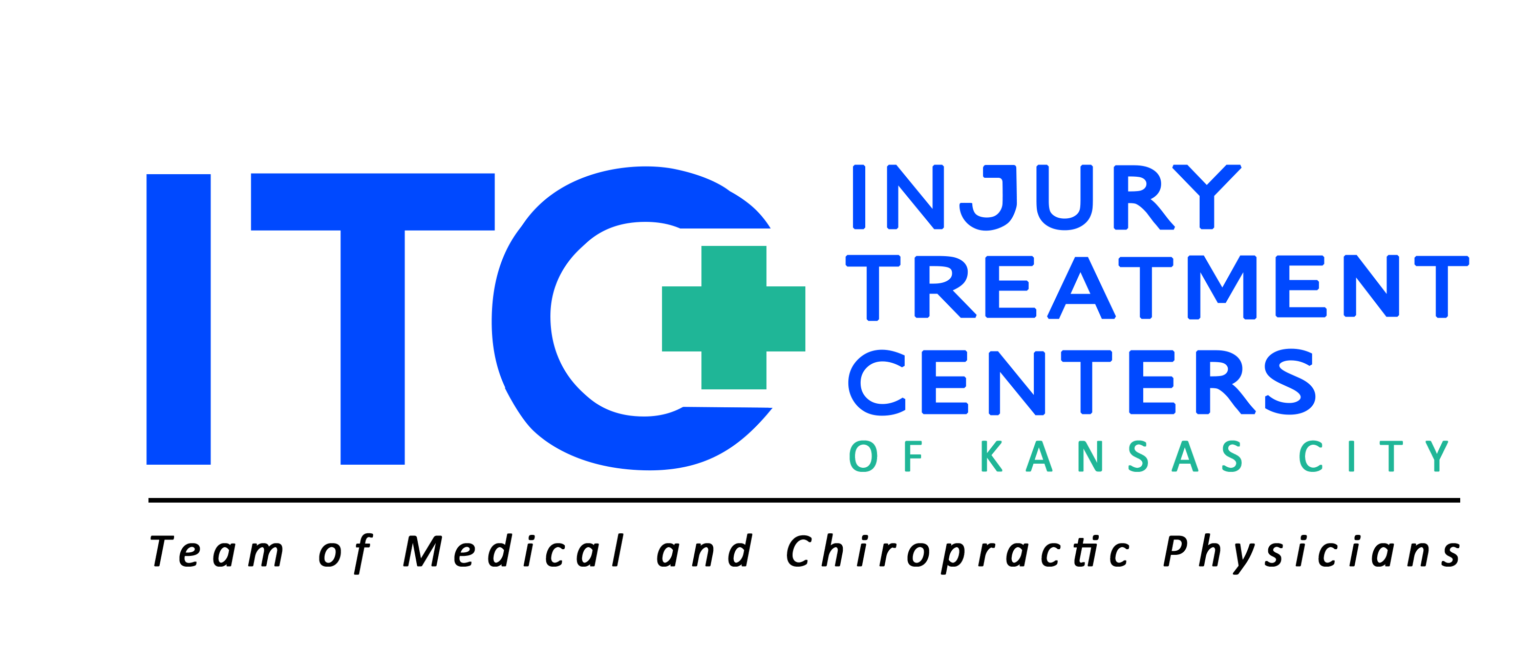FAQs-Frequently Asked Questions
What are hidden/silent injuries?
Hidden injuries are not seen on X-rays, MRI’s, CT scans, or any other imaging. It takes an expert physician who specializes in the detection, diagnosis, and documentation of these injuries; commonly know as an injury specialist. Hidden injuries are typically found in the brain, brainstem, spinal cord, spinal nerves, spinal joints, and deep soft tissue layers.
I’m not having a lot of pain after my car accident, do I still need to be examined?
Research shows that low-speed collisions (10-30mph) can cause extensive injuries to the brain, spine, muscles, ligaments, tendons, nerves, and joints. However, the majority of these injuries are hidden injuries known as “silent injuries”. They’re called silent injuries because they don’t carry a lot of aches and pains in the first 3-6 months. If these injuries go undiagnosed and untreated, symptoms will surface and continue to get worse over time while developing further complications such as; early arthritis, nerve degeneration, adhesions and fibrosis, disc degeneration, and other neurological and orthopedic manifestations. It is very important to immediately be examined after your car accident. Injury specialists and injury clinics are recognized as the authority to exam, treat, and manage auto accident injury cases.

Do I need to go to the Emergency Room?
Yes. It is always best to take no chances. Immediately go to the ER after your car accident so you can be checked for life threatening injuries or conditions. However, understand that ER physicians are trained to triage patients for life threatening conditions. They are not injury specialists. Thus, they cannot find the hidden/silent injuries typically associated with low-speed car crashes. Please make sure that all bruises, scratches, cuts, and lacerations are photographed immediately after the crash. And documented by the ER nurse.

Do I need to see my family doctor?
The physicians at ITC are injury specialists, and acute pain management specialists. This means it is our responsibility to diagnose all hidden and apparent injuries, document them properly, and treat them accordingly. If we see the need to involve your family physician, we will refer you to your PCP and work with your PCP directly. This way, we quarterback your care, and your PCP will perform certain procedures under our directives and supervision. We will also get your records from your PCP, and include them as part of your injury records at ITC.

What if the guy who hit me left the scene?
No worries! Every insurance policy has “Uninsured Motorist” benefits. Your own insurance is required by law to pay for your treatment, and minimum of $25,000 in cash monies is assigned per passenger, per accident. Claiming this benefit will not affect your insurance premium. It is always best to hire an attorney your specialist has worked with. More layers of benefits may be available. Your attorney will check for the additional monies.

Will I receive money for my injuries?
Yes. Kansas and Missouri law require auto insurance to pay passengers cash monies for pain and suffering. The minimum “Liability” benefit amount is $25,000 per passenger, per accident, and additional $25,000 provided by “Underinsured Motorist” benefits. If your accident involved a commercial vehicle, the “Liability” benefits may increase exponentially. Always hire an attorney! Never deal with insurance directly.

What should I do?
Here are the most important and urgent steps; Take photographs of the at-fault driver and car, your own car, and cuts and bruises. Go to the ER. Report accident to your own insurance, ask if you have Med Pay benefits, and call ITC within the first week. Secure a copy of your police report, ask your injury clinic to find you an attorney. Only your attorney should deal with the at-fault insurance. Follow the specialists treatment plan. Do not miss treatments.

Delayed Exam? Gaps in Treatment? Missed Treatment?
In order to recover fully from all injuries, and receive maximum cash policy limits, you must immediately see an injury specialist and follow their instructions fully. Because insurance uses your specialists exam notes, diagnoses, and treatment records in order to calculate how much money that you should receive for pain and suffering. Delayed exam and treatment gaps gravely harm your injury recovery and your settlement recovery.
